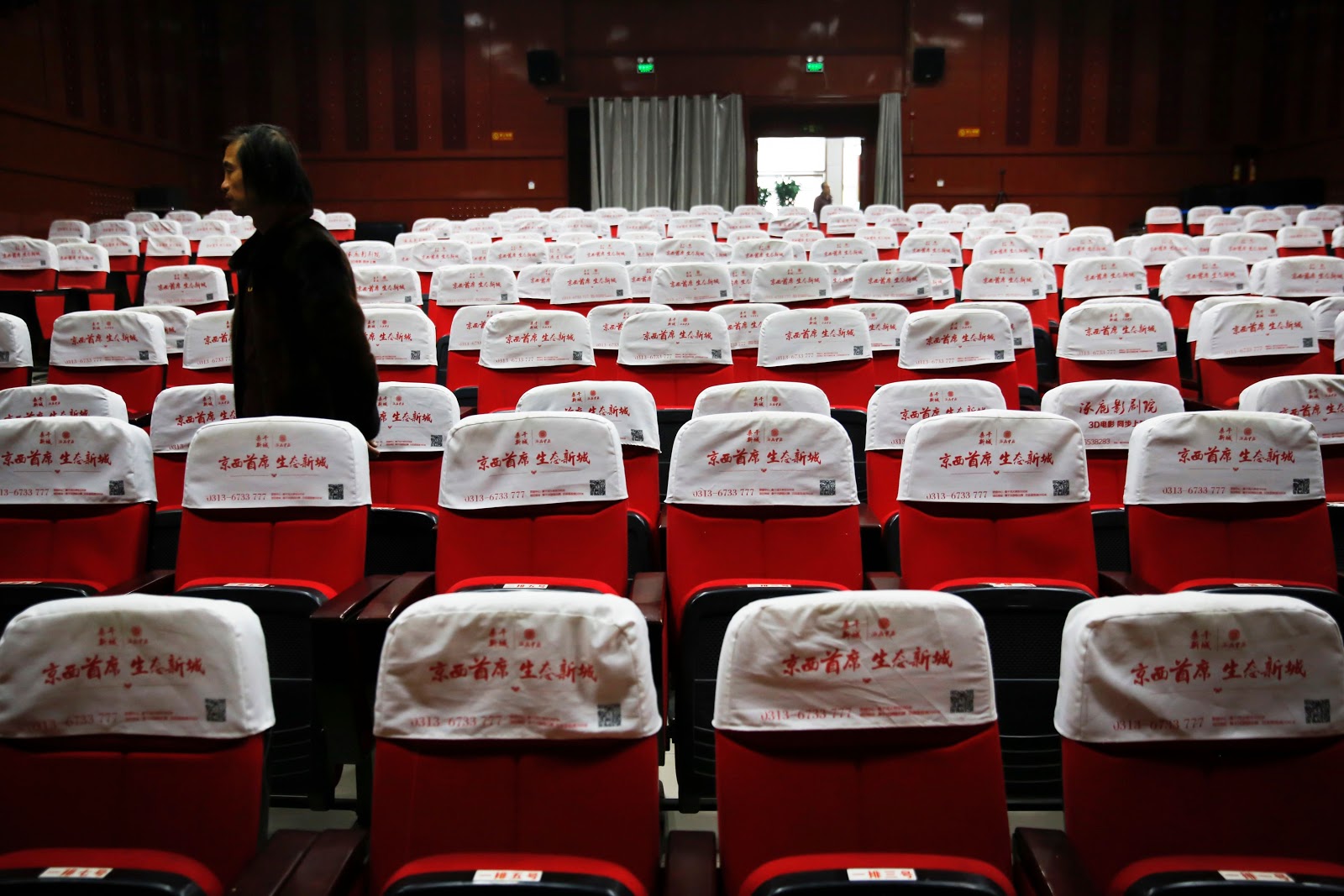China issues new guidelines to reopen movie theaters, hotels, and sports venues, but uncertainty remains
On May 8, China’s State Council unveiled a new set of guidelines for reopening higher-risk public locations such as tourist attractions and movie theaters. They can open for business, but are advised to resume operations at reduced capacity and with social distancing and conditions enforced.

On May 8, China’s State Council unveiled a new set of guidelines for reopening higher-risk public locations such as tourist attractions and movie theaters. They can open for business, but are advised to resume operations at reduced capacity and with social distancing and other conditions enforced.
According to the guidelines (in Chinese), the pandemic is no longer a national emergency, as the number of confirmed COVID-19 cases has been steadily declining.
But, in order to mitigate the risk of the disease’s resurgence, the central government says that it still recommends that individuals wear masks in public, particularly in areas where social distancing is difficult to maintain such as transportation hubs and hospitals. With a string of containment measures put in place, such as accessible testing, immediate treatment, and contact tracing, the State Council also encourages public-facing businesses to reopen, but with limitations.
The guidelines say that shopping malls, grocery stores, and restaurants can fully go back to business as usual as long as owners follow strict social-distancing and hygiene requirements. Meanwhile, other areas where people gather in large groups, such as parks, tourist attractions, museums, movie theaters, and sports venues, are allowed to resume services, but only at partial capacity, and dependent on future guidance from regulators. Some are also required to introduce ticket reservation systems to control traffic and keep track of visitors.
The guidelines come at a time when a lot of stores and businesses, especially small companies, are struggling to stay afloat after the coronavirus outbreak seriously disrupted their operations.
This is particularly significant for movie theaters in China, most of which have been completely shuttered since January because of the pandemic. In March, when the number of new infections showed signs of abating, hundreds of cinemas briefly opened their doors following guidance from the country’s top movie regulator. But the authorities quickly reversed the decision soon in fear of a second wave of the virus. And the new guidelines do not actually specify a timeline for resumption of the moviegoing business. An industry insider predicts that audiences will be able to see new releases in movie theaters in June. “Movie theaters will likely spend the rest of May preparing for reopening and screening past blockbusters to test the waters,” Luó Tiānwén 罗天文, a local box office analyst, told (in Chinese) the Beijing News. “The entire industry is still waiting for an official announcement from the national film bureau.”
But there are still plenty of hurdles for movie theaters to overcome before they can go back to normal. Aside from a number of physical distancing protocols that need to be implemented, the most pressing challenge for them is how to make customers feel safe after the pandemic. “I don’t see myself going to see a movie this year. Safety first,” a typical Weibo comment on the news reads (in Chinese).






